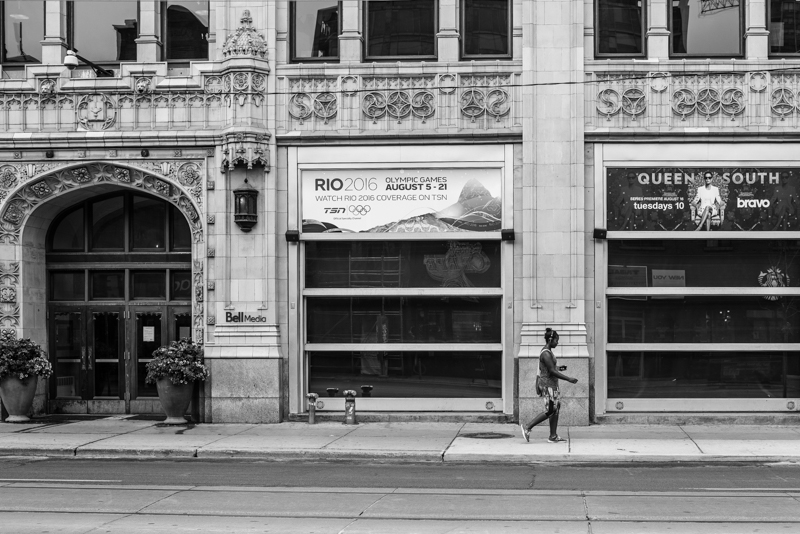Everybody knows you can’t buy happiness. I am here to tell you, that phrase is not exactly true. While it’s accurate to say that you can’t buy happiness with money, that does not mean that happiness is free. You have to buy it with another kind of currency. In Buddhist terms, we call that currency merit. It’s another way of saying that whatever a man sows, that he shall also reap. And, make no mistake, the more that you sow happiness to those around you, the more of it you will reap for yourself.
When we do good deeds that help assure happiness for other sentient beings, we feel happy immediately upon reflection of what we have done and that feeling of contentment continues into the future in a sustained way. Therefore, in order to become happy over the long-term we have to find a way of ridding the mind of selfish desires. Every time we are driven by habit to benefit only ourselves, we are wasting resources that could be spent helping others and thereby leading to our own happy feelings.
The habits I’m referring to are the habits that arise as a result of the mental impurities called defilements: greed, anger and delusion. When we are consumed by unhappy feelings, you can bet that the defilements are at fault. If those components of the mind are present, our actions are bound to be short sighted and unskillful. When they are absent, we are free to take positive action that is helpful to our family, friends and neighbours.
Through insight meditation we have the opportunity to confront the defilements and see them for what they truely are: counter-productive distractions from the people we all have the potential to become. Mindfulness training is the solution to the defilements. Whenever we shine a light on something, we can see where it needs cleaning. In the same way, when we learn how to pay attention to what we are thinking and doing, we can see where we can make some positive improvements. Whenever we are mindful, we are generating good karma or merit because we are taking action that leads to a positive result. In essence, we can buy happiness with the one resource we will always have more of — our present moment awareness.
